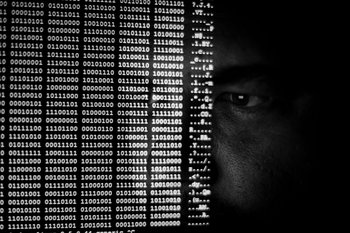
Fuzzy Logic
Forward chaining is a type of logic known as inference, the process of taking valid statements to produce new valid statements. Many systems of logic only understand true or false. Fuzzy logic is a term for logic that can handle the grey areas inbetween. It is common for forward chaining to be based on fuzzy logic. The following is an example.a. Most food prices increased recentlyb. Rice is foodInference: the price of rice probably increased recentlyForward Chaining vs Backward Chaining
Forward chaining develops new facts to explore information in order to solve problems. If you have no direct information about the price of rice, you might be able to figure it out based on information you do possess.Backward chaining is the opposite approach to logic that begins with what is unknown. For example, you might begin with a goal and try to figure out how to reach it. The choice between forward chaining and backward chaining generally depends on the type of problem you're trying to solve. It is also common to use both approaches to work on a problem from different directions. The following is an example of backward chaining.Start: How do I get to London?A: If I drive I will end up in the oceanB: If I take a boat it will take weeksC: If I fly it will take hoursDecision: The best way to London is to fly| Overview: Forward Chaining | ||
Type | LogicAlgorithm | |
Definition | Deriving new facts from what you know in order to solve problems or make decisions. | |
Related Concepts | ||




























